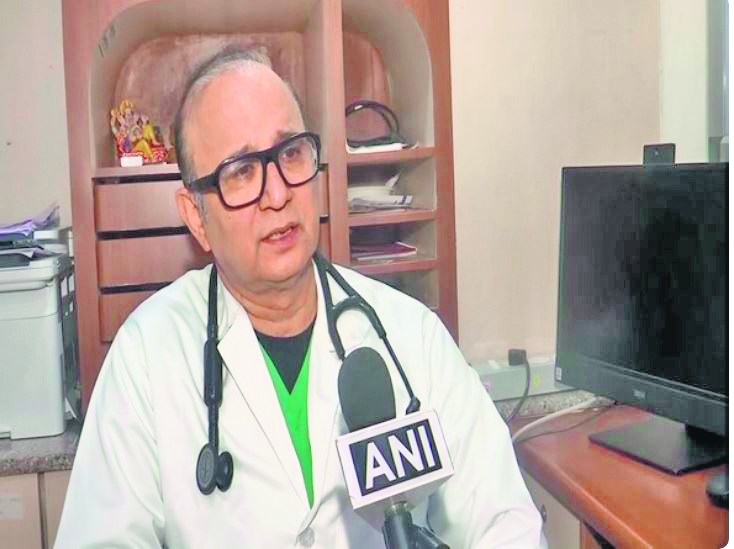


The JN.1 sub-variant of Covid has emerged all over the world, the virus which started in the US and other countries, spread in India from Kerala, and now there are more than 63 proven JN.1 variants in India, said a doctor from one of the leading hospital groups on Tuesday.
Senior Consultant of Respiratory Medicine at Apollo Hospital, Dr Rajesh Chawla, said, “It spreads very fast. This is a variant of omicron, so it is likely to spread very fast. And gradually, it is going to replace the other variants and become the predominant variant. JN.1 is a mild COVID virus, and just like in Omicron, you did not see many patients of severe variety, and only a few patients had severe disease. In the same way, JN.1 is of mild variety. The symptoms of this include a runny nose, cough, fatigue, pain in the throat, and a hoarse voice, while some people may suffer from diarrhoea.”
He further said that as in the other variants, the symptoms are of the upper respiratory tract–nose and throat only–and that too are very mild with fever being an integral part of it.
“The biggest precaution against it is that if you have symptoms, especially if you have comorbidities, then you can get yourself tested. The RT-PCR test is still the best for this and most of the cases can be detected through it as 70 to 80 per cent of people who have Covid will be shown positive with this test.
I would not recommend people with very mild symptoms get this test, but people with comorbidities must get their test done,” he added.